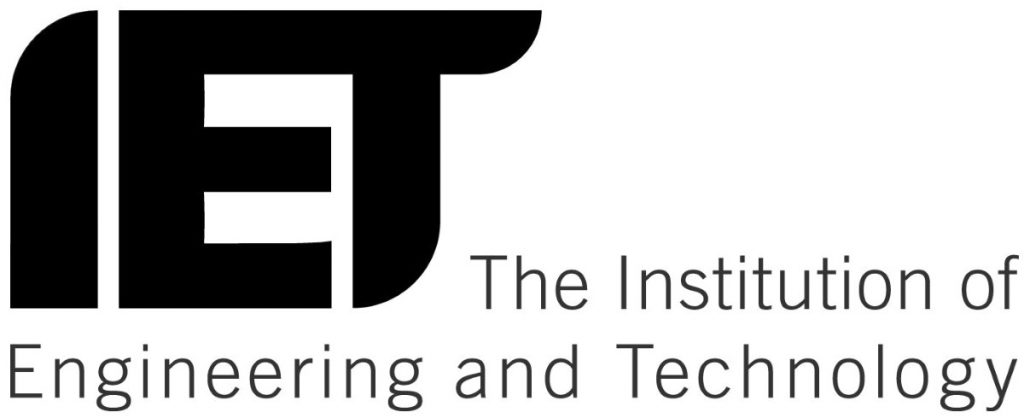Accelerated HS2 timetable should not be at expense of economic development opportunities
The Institution of Engineering and Technology (IET) has responded to today’s publication of the HS2 Plus report which calls for the northern section of the proposed line to be accelerated.
Jeremy Acklam from the Institution of Engineering and Technology (IET) said: “One of the biggest benefits of HS2 is the economic redevelopment opportunities.
“We’ve heard a lot about these opportunities for the major cities connected by the high speed line, but little or nothing about the potential wins for cities beyond the immediate confines of the HS2 network. There is great potential through the connections to the east and west coast main lines for cities other than Birmingham, Manchester and Leeds to benefit from HS2, but the challenges around realising these benefits need to be tackled now if these locations are not to fall behind.
“In addition, many of these smaller cities could be reached by HS2 trains moving to the classic railway network to complete their journey. But this will require new or significantly enhanced stations. We need an urgent dialogue between HS2, Network Rail, the Train Operating Companies and local authorities to fully understand the challenges that the arrival of high speed trains will bring to the classic railway network. My fear is that this dialogue could be left until the next Network Rail control period, which will be far too late.”
Other issues identified by the IET include:
- As the UK economy begins to grow, pressure to establish redevelopment plans and secure investment for land around railway stations is increasing. Planning is required to identify, develop and understand the impact of land use for intermediate station locations and cities beyond the network likely to be served by the High Speed trains. This will prevent losing land to other developments before the HS2 services arrive.
- To increase the project benefit to the north, further assistance will be needed to ensure that northern cities are well prepared for bringing forward infrastructure work. In particular planning to fast-track the development of employment and local transport infrastructure will be required.
- Consultation and planning to integrate High Speed rail services into the existing classic rail network and local transport systems must start this year to reduce the risk of disconnected strategies for HS2 and the existing rail network. Service patterns for trains that run off the High Speed network must be assessed in light of the future rail franchise map in order to ensure a cohesive service for customers and integrated operation of the two networks. The outcomes of this assessment will have a direct effect on the procurement of the rolling stock mix for HS2, divided between dedicated high speed rolling stock and that which can operate into the classic network.
Notes to editors:
Interview opportunities are available with IET spokespeople from a broad range of engineering and technology disciplines including cyber-security, energy, engineering skills, innovation, manufacturing, technology, transport and women in engineering.
The IET is one of the world’s largest organisations for engineers and technicians. We have nearly 160,000 members in 127 countries around the world.
The IET is working to engineer a better world. We inspire, inform and influence the global engineering community, supporting technology innovation to meet the needs of society.
The IET is the Professional Home for Life® for engineers and technicians, and a trusted source of Essential Engineering Intelligence® and thought leadership.
For more information, visit www.theiet.org
The IET’s transport policy panel provides transport engineering intelligence to policy makers and the wider public to help in the development of public policy and to be recognised as engineers for our contribution.





-01.png)